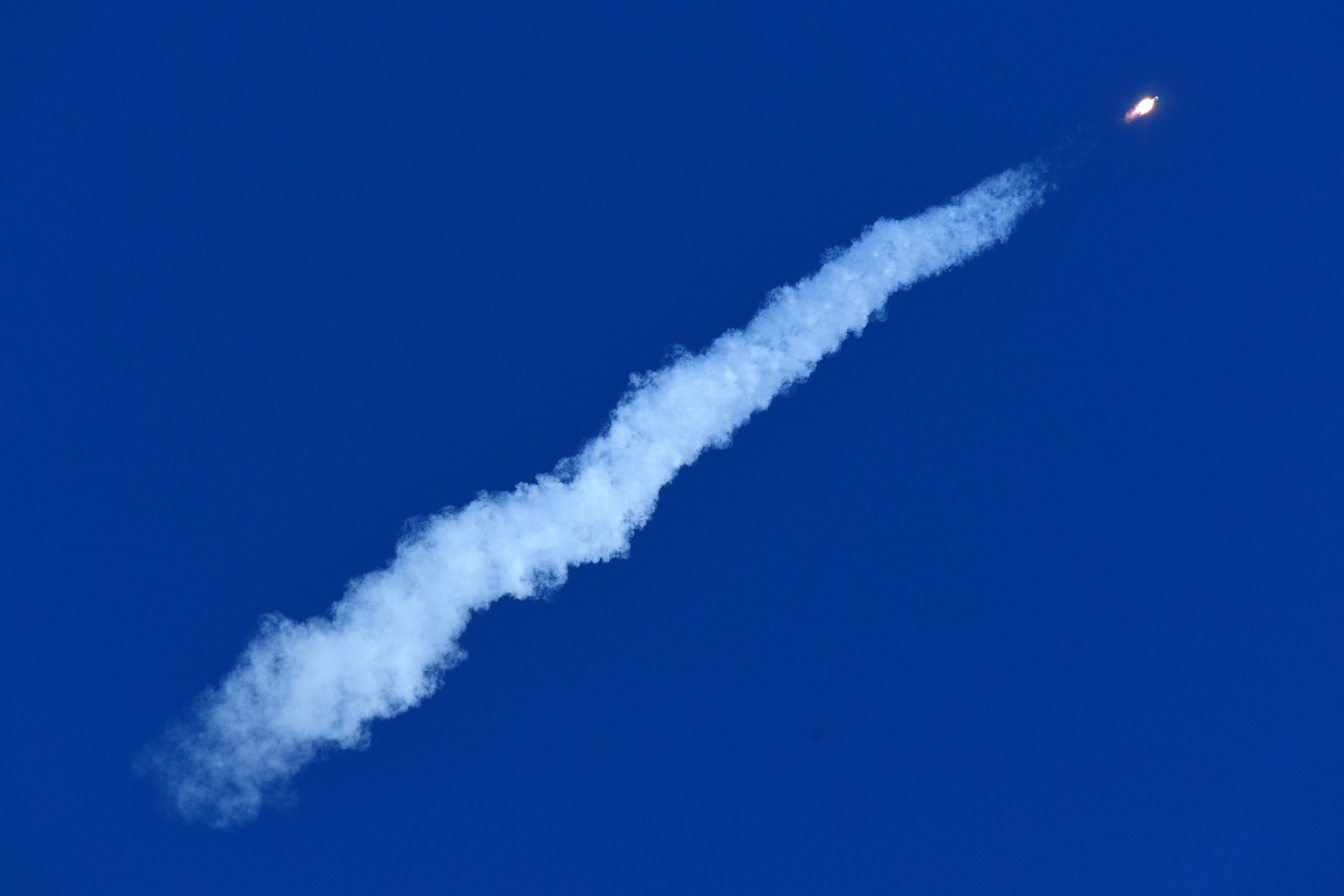
Somewhere near the western coastline of South America, a Soviet military listening satellite has reportedly succumbed to Earth's pull and vanished from orbit more than 30 years since it first launched.
The Tselina-type spacecraft likely decayed over the weekend near Chile, several satellite tracking websites show, and popular tracker N2YO says the exact date was Sunday. The satellite, known as the Cosmos 1346, launched in 1982, Russia's space program Roscosmos indicates in its archive of the launch. It formed part of the more advanced series of Tselina spacecraft which were able to collect data from the ground in greater detail than their predecessors, NASA's master catalog indicates.
Read more: Russia activates three missile-tracking radar stations, within range of North Korea
Cosmos was headed northward when it fell while on a track from Antarctica to the northwest Atlantic, Jonathan McDowell, astronomer at the Harvard-Smithsonian Center for Astrophysics, tweeted. According to the Russian Ministry of Defense's Zvezda TV channel, any satellite fragments that did not fully burn up in the atmosphere likely sank in the South Pacific Ocean.
An important moment in the career of Cosmos 1346 came during the Falklands War when it was part of six Soviet satellites positioned over the islands to observe Argentinian and British forces, the The New York Times reported at the time.
Cosmos 1346, along with its sibling Cosmos 1345, orbited to intercept radio communications, according to a piece by Russian Colonel Viktor Gavrilov in the Russian daily newspaper Nezavisimaya Gazeta. Gavrilov boasted that the two satellites were able to give pick up on incoming moves by the British Royal Navy with several hours' notice. Other Tselina-type satellites arrived with radar sensing and other intelligence capabilities.
The Tselina program was effectively shuttered with the collapse of the Soviet Union as their production and launch relied on the joint work of several member states, notably Russia and Ukraine, the latter of which effectively developed the satellite on the premises of its Yuzhnoe contractor in Dnipro region. It launched from Russian turf, however, blasting off from the Plesetsk cosmodrome.
Not every spacecraft launched in Russia has enjoyed such a long tenure in orbit, however. In fact, the most recent launch from Russia's revamped eastern spaceport last month ended in calamity when the Meteor-M 2-1 satellite did not begin proper transmission and scientists determined that neither it nor over a dozen satellites launched at the same time hit the desired orbit.
The issue with the launch was immediately rumored to have been human error as the Interfax news agency reported that the rocket carrying the satellites may have had the wrong flight assignment.
Russia has inherited a wealth of experience in space exploration from the Soviet Union's decades of expertise and continues to operate some of the most reliable technology, developed during the Communist program's zenith. But the country's current space agency is a far cry from the agency that gave the world the first satellite, animal, man and woman cosmonauts into space.
Uncommon Knowledge
Newsweek is committed to challenging conventional wisdom and finding connections in the search for common ground.
Newsweek is committed to challenging conventional wisdom and finding connections in the search for common ground.
About the writer
I am a Staff Writer for Newsweek's international desk. I report on current events in Russia, the former Soviet Union ... Read more
To read how Newsweek uses AI as a newsroom tool, Click here.





